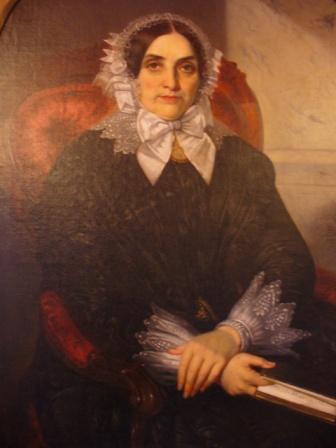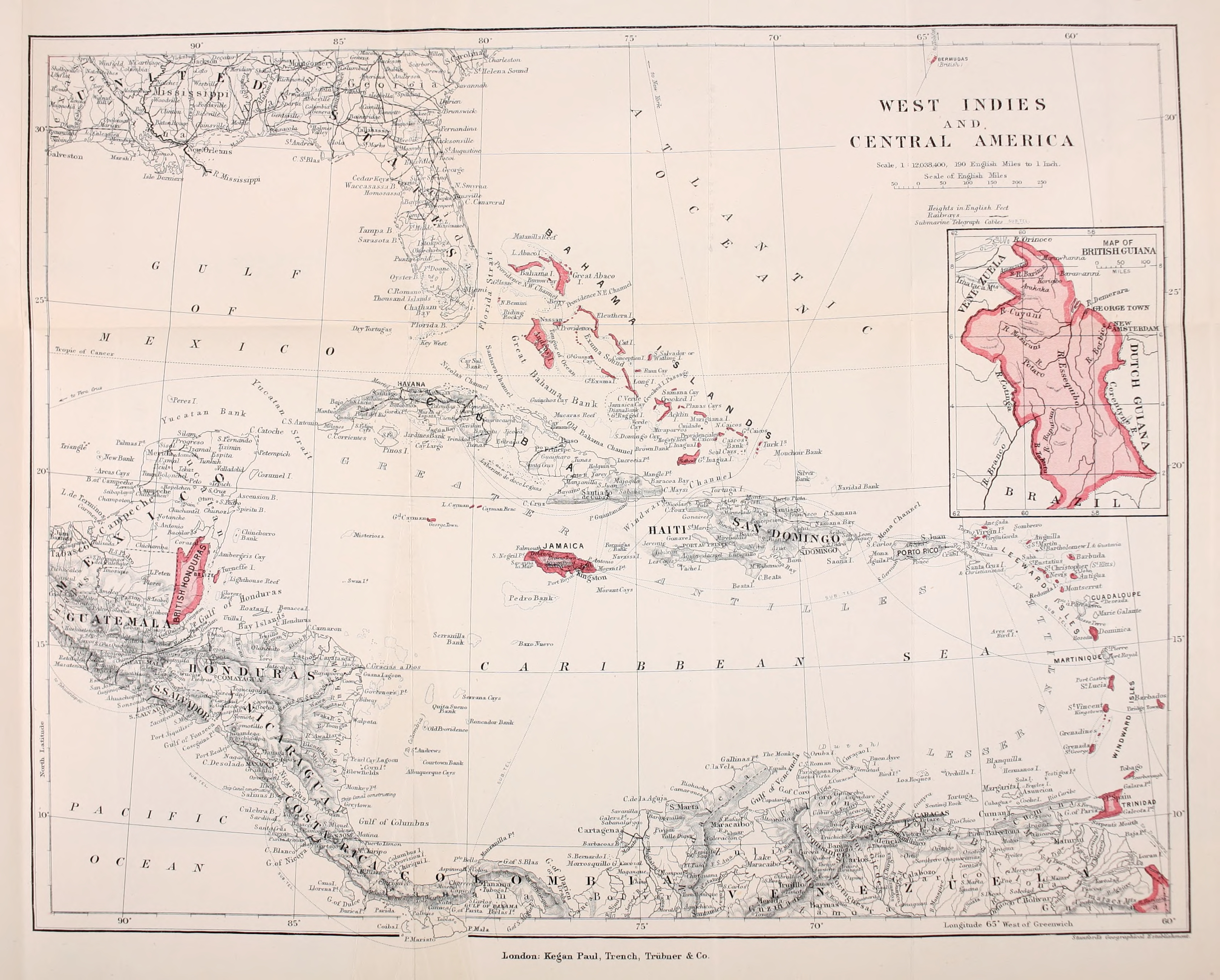|
George Allsopp (fur Trader)
George Allsopp ( – 14 April 1805) was a British-born Canadian businessman and government office holder. He became a merchant in Quebec in the 1760s and a seigneur in 1773. He went heavily into debt to open a gristmill, which in 1788 was the province's largest producer of flour. He also lobbied the Quebec and British government for reforms to the Quebec judicial system and the creation of a legislative assembly. He was also appointed to various government positions, including the province's executive council and as a justice of the peace. Early life and government career Allsopp was born in England . During the 1758 Siege of Louisbourg, Allsopp worked for the British Quartermaster General’s Department. In 1759 he was the secretary to the quartermaster general of Quebec, Guy Carleton, 1st Baron Dorchester. Start of merchant career In 1761 he settled in Montreal, and was a junior partner in a firm called Jenkins, Trye and Company and facilitated the trade of wheat, timbe ... [...More Info...] [...Related Items...] OR: [Wikipedia] [Google] [Baidu] |
Seigneur
''Seigneur'' is an originally feudal title in France before the Revolution, in New France and British North America until 1854, and in the Channel Islands to this day. A seigneur refers to the person or collective who owned a ''seigneurie'' (or ''seigneury'')—a form of land tenure—as a fief, with its associated rights over person and property. A seigneur could be an individual—male or female (''seigneuresse''), noble or non-noble (''roturier'')—or a collective entity such a religious community, monastery, seminary, college, or parish. This form of lordship was called ''seigneurie'', the rights that the seigneur was entitled to were called ''seigneuriage'', and the jurisdiction exercised was ''seigneur justicier'' over his fief. In the wake of the French Revolution, seigneurialism was repealed in France on 4 August 1789 and in the Province of Canada on 18 December 1854. Since then, the feudal title has only been applicable in the Channel Islands and for sovereign princ ... [...More Info...] [...Related Items...] OR: [Wikipedia] [Google] [Baidu] |
Privy Council Of The United Kingdom
The Privy Council (PC), officially His Majesty's Most Honourable Privy Council, is a formal body of advisers to the sovereign of the United Kingdom. Its membership mainly comprises senior politicians who are current or former members of either the House of Commons or the House of Lords. The Privy Council formally advises the sovereign on the exercise of the Royal Prerogative, and as a body corporate (as King-in-Council) it issues executive instruments known as Orders in Council which, among other powers, enact Acts of Parliament. The Council also holds the delegated authority to issue Orders of Council, mostly used to regulate certain public institutions. The Council advises the sovereign on the issuing of Royal Charters, which are used to grant special status to incorporated bodies, and city or borough status to local authorities. Otherwise, the Privy Council's powers have now been largely replaced by its executive committee, the Cabinet of the United Kingdom. Certai ... [...More Info...] [...Related Items...] OR: [Wikipedia] [Google] [Baidu] |
1805 Deaths
Eighteen or 18 may refer to: * 18 (number), the natural number following 17 and preceding 19 * one of the years 18 BC, AD 18, 1918, 2018 Film, television and entertainment * ''18'' (film), a 1993 Taiwanese experimental film based on the short story ''God's Dice'' * ''Eighteen'' (film), a 2005 Canadian dramatic feature film * 18 (British Board of Film Classification), a film rating in the United Kingdom, also used in Ireland by the Irish Film Classification Office * 18 (''Dragon Ball''), a character in the ''Dragon Ball'' franchise * "Eighteen", a 2006 episode of the animated television series ''12 oz. Mouse'' Music Albums * ''18'' (Moby album), 2002 * ''18'' (Nana Kitade album), 2005 * '' 18...'', 2009 debut album by G.E.M. Songs * "18" (5 Seconds of Summer song), from their 2014 eponymous debut album * "18" (One Direction song), from their 2014 studio album ''Four'' * "18", by Anarbor from their 2013 studio album '' Burnout'' * "I'm Eighteen", by Alice Cooper common ... [...More Info...] [...Related Items...] OR: [Wikipedia] [Google] [Baidu] |
1733 Births
Events January–March * January 13 – Borommarachathirat V becomes King of Siam (now Thailand) upon the death of King Sanphet IX. * January 27 – George Frideric Handel's classic opera, ''Orlando'' is performed for the first time, making its debut at the King's Theatre in London. * February 12 – British colonist James Oglethorpe founds Savannah, Georgia. * March 21 – The Molasses Act is passed by British House of Commons, which reinforces the negative opinions of the British by American colonists. The Act then goes to the House of Lords, which consents to it on May 4 and it receives royal assent on May 17. * March 25 – English replaces Latin and Law French as the official language of English and Scottish courts following the enforcement of the Proceedings in Courts of Justice Act 1730. April–June * April 6 – **After British Prime Minister Robert Walpole's proposed excise tax bill results in rioting over the impositi ... [...More Info...] [...Related Items...] OR: [Wikipedia] [Google] [Baidu] |
Slave
Slavery and enslavement are both the state and the condition of being a slave—someone forbidden to quit one's service for an enslaver, and who is treated by the enslaver as property. Slavery typically involves slaves being made to perform some form of work while also having their location or residence dictated by the enslaver. Many historical cases of enslavement occurred as a result of breaking the law, becoming indebted, or suffering a military defeat; other forms of slavery were instituted along demographic lines such as Racism, race. Slaves may be kept in bondage for life or for a fixed period of time, after which they would be Manumission, granted freedom. Although slavery is usually involuntary and involves coercion, there are also cases where people voluntary slavery, voluntarily enter into slavery to pay a debt or earn money due to poverty. In the course of human history, slavery was a typical feature of civilization, and was legal in most societies, but it is no ... [...More Info...] [...Related Items...] OR: [Wikipedia] [Google] [Baidu] |
Cap-Santé
Cap-Santé is a town in the Canadian province of Quebec. It is the county seat of Portneuf Regional County Municipality and was as well the county seat of the designated Portneuf County, Quebec, Portneuf County. The name of the town means "Cape Health". Cap-Santé is on the northern bank of the Saint Lawrence River, west of Quebec City. Legend has it that this community's name was coined when soldiers suffering from an unknown disease miraculously recovered from a cure discovered in the village. The old settlement is situated just west of the nearby Jacques-Cartier River and on the embankment of the Saint Lawrence River. History The first settlers arrived around 1679, and in 1714 the village became an official parish. The present-day church, a historical-registered building, was built from 1754 to 1767. Interrupted during construction by the Seven Years' War (1756–1763), it is one of the last buildings to be constructed under the French regime. The church has a facade an ... [...More Info...] [...Related Items...] OR: [Wikipedia] [Google] [Baidu] |
William Wyndham Grenville
William Wyndham Grenville, 1st Baron Grenville, (25 October 175912 January 1834) was a British Pittite Tory politician who served as Prime Minister of the United Kingdom from 1806 to 1807, but was a supporter of the Whigs for the duration of the Napoleonic Wars. As prime minister, his most significant achievement was the abolition of the slave trade in 1807. However, his government failed to either make peace with France or to accomplish Catholic emancipation and it was dismissed in the same year. Background Grenville was the son of the Whig Prime Minister George Grenville. His mother, Elizabeth, was the daughter of the Tory statesman Sir William Wyndham, 3rd Baronet. He had two elder brothers: Thomas and George. He was thus uncle to the 1st Duke of Buckingham and Chandos. He was also related to the Pitt family by marriage since William Pitt, 1st Earl of Chatham, had married his father's sister Hester. The younger Grenville was thus the first cousin of William Pitt the Y ... [...More Info...] [...Related Items...] OR: [Wikipedia] [Google] [Baidu] |
Constitutional Act Of 1791
The Clergy Endowments (Canada) Act 1791, commonly known as the Constitutional Act 1791 (), was an Act of the Parliament of Great Britain which passed under George III. The current short title has been in use since 1896. History The act reformed the government of the Province of Quebec (1763-1791) to accommodate, amongst other Loyalists, the 10,000 United Empire Loyalists who had arrived from the United States following the American Revolution. The Province of Quebec, with a population of 145,000 French-speaking Canadians, was divided in two when the act took effect on 26 December 1791. The largely unpopulated western half became Upper Canada (now southern Ontario) and the eastern half became Lower Canada (now southern Quebec). The names Upper and Lower Canada were given according to their location along the St. Lawrence River. Upper Canada received English law and institutions, while Lower Canada retained French civil law and institutions, including feudal land tenure and the ... [...More Info...] [...Related Items...] OR: [Wikipedia] [Google] [Baidu] |
British West Indies
The British West Indies (BWI) were colonized British territories in the West Indies: Anguilla, the Cayman Islands, Turks and Caicos Islands, Montserrat, the British Virgin Islands, Antigua and Barbuda, The Bahamas, Barbados, Dominica, Grenada, Jamaica, Saint Kitts and Nevis, Saint Lucia, Saint Vincent and the Grenadines, British Guiana (now Guyana) and Trinidad and Tobago. Other territories include Bermuda, and the former British Honduras (now Belize). The colonies were also at the center of the transatlantic slave trade, around 2.3 million slaves were brought to the British Caribbean. Before the decolonisation period in the later 1950s and 1960s the term was used to include all British colonies in the region as part of the British Empire. [...More Info...] [...Related Items...] OR: [Wikipedia] [Google] [Baidu] |
Jacques-Cartier River
The Jacques-Cartier River is a river in the province of Quebec, Canada. It is 161 km long and its source is Jacques-Cartier Lake in Laurentides Wildlife Reserve, and flows in a predominantly southern direction before ending in the Saint Lawrence River at Donnacona, about 30 km upstream from Quebec City. It is currently under nomination for Canadian Heritage River status. Forestry is the main economic activity in the sector; recreational tourism, second; agriculture activities in lower part, third. The surface of the Jacques-Cartier River (except the rapids areas) is usually frozen from the beginning of December to the end of March, however the safe circulation on the ice is generally done from end of December to the beginning of March. Geography The Jacques-Cartier River drains an area of , starting in and flowing for nearly through the Laurentian mountains in the geological region of Grenville (one of the youngest sections of the Canadian Shield, formed 955 million ... [...More Info...] [...Related Items...] OR: [Wikipedia] [Google] [Baidu] |
Gristmill
A gristmill (also: grist mill, corn mill, flour mill, feed mill or feedmill) grinds cereal grain into flour and Wheat middlings, middlings. The term can refer to either the Mill (grinding), grinding mechanism or the building that holds it. Grist is grain that has been separated from its chaff in preparation for grinding. History Early history The Greek geographer Strabo reports in his ''Geography'' a water-powered grain-mill to have existed near the palace of king Mithradates VI Eupator at Cabira, Asia Minor, before 71 BC. The early mills had horizontal paddle wheels, an arrangement which later became known as the "Water wheel#Vertical axis, Norse wheel", as many were found in Scandinavia. The paddle wheel was attached to a shaft which was, in turn, attached to the centre of the millstone called the "runner stone". The turning force produced by the water on the paddles was transferred directly to the runner stone, causing it to grind against a stationary "Mill machinery#Wat ... [...More Info...] [...Related Items...] OR: [Wikipedia] [Google] [Baidu] |
Quebec Act
The Quebec Act 1774 (french: Acte de Québec), or British North America (Quebec) Act 1774, was an Act of the Parliament of Great Britain which set procedures of governance in the Province of Quebec. One of the principal components of the Act was the expansion of the province's territory to take over part of the Indian Reserve, including much of what is now southern Ontario, Illinois, Indiana, Michigan, Ohio, Wisconsin, and parts of Minnesota. The Act removed the reference to the Protestant faith from the oath of allegiance, and guaranteed free practice of Catholicism and restored the Church's power to impose tithes. Additionally, it restored the use of the French civil law for matters of private law, except for the granting of unlimited freedom of testation in accordance with English common law; which was maintained for matters of public law, including administrative appeals, court procedure, and criminal prosecution. In Quebec, English-speaking immigrants from the Thirteen C ... [...More Info...] [...Related Items...] OR: [Wikipedia] [Google] [Baidu] |






